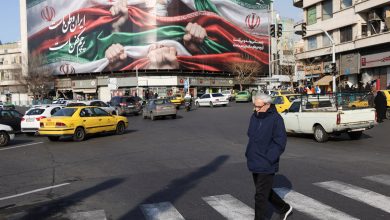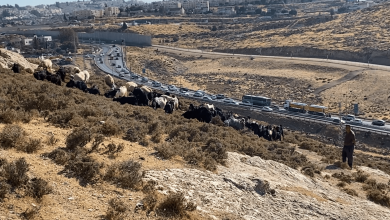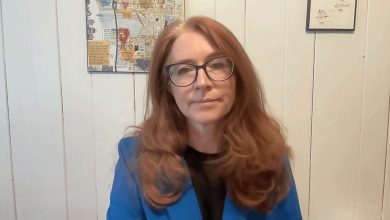More than a month after the ceasefire in Gaza took effect, concerns are mounting over the insufficient volume of aid reaching the region. Humanitarian organizations report that the current level falls short of what’s needed, and many essential supplies remain blocked from entering.
Despite the ceasefire agreement, Israel continues to restrict the entry of numerous items into Gaza, citing alleged ‘dual-use’ concerns – the potential for both civilian and military applications. This policy is hindering reconstruction efforts and exacerbating the already dire humanitarian situation.
Reports indicate that items such as tents with metal poles, large sterilization units (for surgical equipment), spare parts for tanker trucks, plastic greenhouse coverings, vaccination syringes, and potato seeds are among the prohibited goods. These restrictions, while not always formally announced, have been consistently observed by humanitarian groups operating within Gaza.
The Israeli military often categorizes these products as ‘problematic’ or ‘dual-use,’ claiming they could be exploited for military purposes. However, humanitarian workers on the ground criticize this classification as overly broad and arbitrary, arguing that it severely impedes vital civilian activities and the delivery of essential services to the population.
The ongoing restrictions on aid and essential goods are raising concerns about the long-term recovery of Gaza and the well-being of its residents. International organizations are urging for a more transparent and flexible approach to ensure the unimpeded flow of humanitarian assistance.



